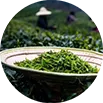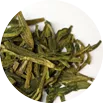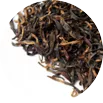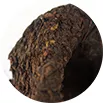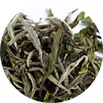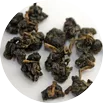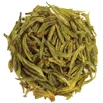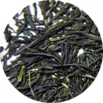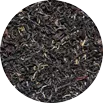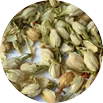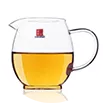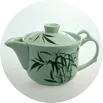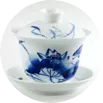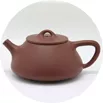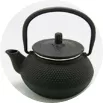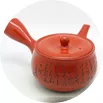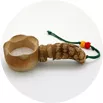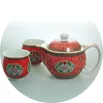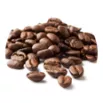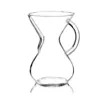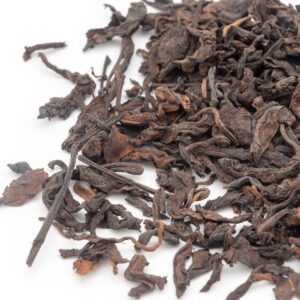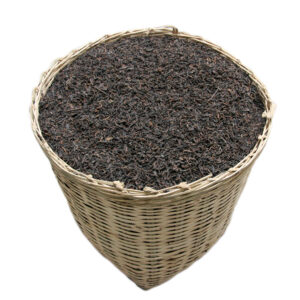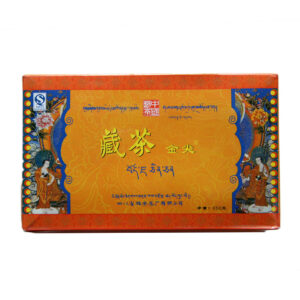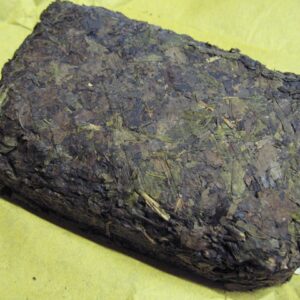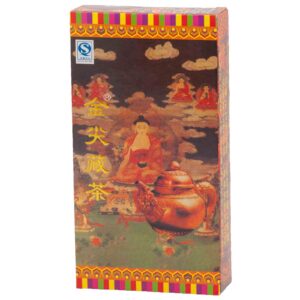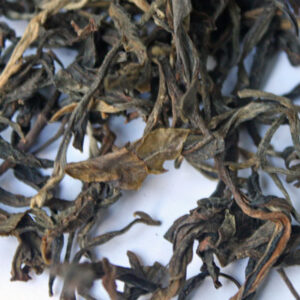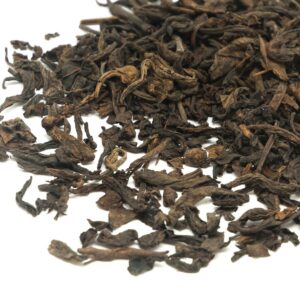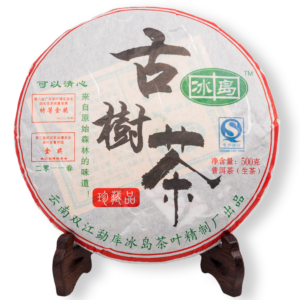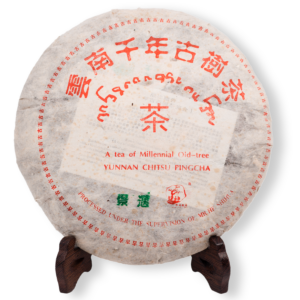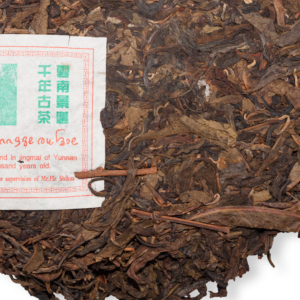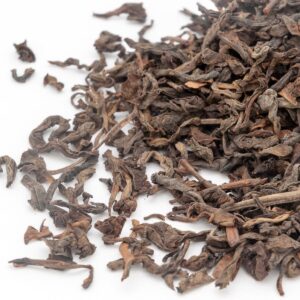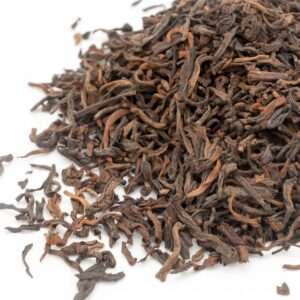2000 Liu Bao Cha
2003 Tibetan Jin Jian Zhuan 260g
Maocha 2023
Green (sheng) pu-erh or even better maocha from the southern areas of Yunnan. Large leaves (Da Ye) smell thin and very fresh. Tea has traditionally been dried in the sun, without accelerated modern drying in the oven, and therefore does not contain the slightest hint of unpleasant smoked.
The taste is very delicate, sweet and, unlike classic green pu-erhas, it doesn't even have many fruity tones. You will find in it rather light sweetness and freshness, floral tones and long-lasting sweet gentle aftertaste.
Lao Mao Cha 1992
Mao Cha from 1992 is a successful Pu Erh with a taste of quality, naturally matured Mao Cha. The aroma and taste are typically sweetly earthy, the taste is slightly smelled of dried fruit. The tea does not have roasted tones (quality production process) and is very delicate.
Infusion of dark orange to red color, sweet with a long refreshing aftertaste.
Pu Erh Classic
Pu Erh Superior
The upper class of Pu'er. The dry leaf is small, evenly rolled and belongs to superior. The scent is exactly what the right Pu'er should have, you can feel the freshness and sweetness of the Yunnan fruit trees. The taste is the sweetness of nuts, the sweetness of dried fruit, aftertaste is long, soft and pleasant.
New batch of Meng Hai - in the dry leaf you can still find a 'new scent from production' which disappears after pouring and also naturally develops from the tea over time.


